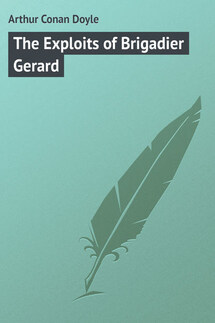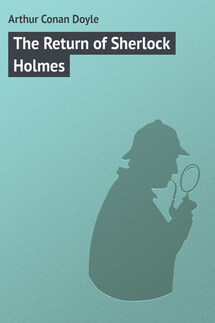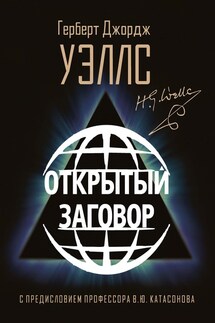Round The Red Lamp - страница 16
"I see that you have heard of him," said the young baronet. "He died horribly, I have been told; but not more horribly than he had lived. My father was his only son. He was a studious man, fond of books and canaries and the country; but his innocent life did not save him."
"His symptoms were cutaneous, I understand."
"He wore gloves in the house. That was the first thing I can remember. And then it was his throat. And then his legs. He used to ask me so often about my own health, and I thought him so fussy, for how could I tell what the meaning of it was. He was always watching me – always with a sidelong eye fixed upon me. Now, at last, I know what he was watching for."
"Had you brothers or sisters?"
"None, thank God."
"Well, well, it is a sad case, and very typical of many which come in my way. You are no lonely sufferer, Sir Francis. There are many thousands who bear the same cross as you do."
"But where is the justice of it, doctor?" cried the young man, springing from his chair and pacing up and down the consulting-room. "If I were heir to my grandfather's sins as well as to their results, I could understand it, but I am of my father's type. I love all that is gentle and beautiful – music and poetry and art. The coarse and animal is abhorrent to me. Ask any of my friends and they would tell you that. And now that this vile, loathsome thing – ach, I am polluted to the marrow, soaked in abomination! And why? Haven't I a right to ask why? Did I do it? Was it my fault? Could I help being born? And look at me now, blighted and blasted, just as life was at its sweetest. Talk about the sins of the father – how about the sins of the Creator?" He shook his two clinched hands in the air – the poor impotent atom with his pin-point of brain caught in the whirl of the infinite.
The doctor rose and placing his hands upon his shoulders he pressed him back into his chair once more. "There, there, my dear lad," said he; "you must not excite yourself. You are trembling all over. Your nerves cannot stand it. We must take these great questions upon trust. What are we, after all? Half-evolved creatures in a transition stage, nearer perhaps to the Medusa on the one side than to perfected humanity on the other. With half a complete brain we can't expect to understand the whole of a complete fact, can we, now? It is all very dim and dark, no doubt; but I think that Pope's famous couplet sums up the whole matter, and from my heart, after fifty years of varied experience, I can say – "
But the young baronet gave a cry of impatience and disgust. "Words, words, words! You can sit comfortably there in your chair and say them – and think them too, no doubt. You've had your life, but I've never had mine. You've healthy blood in your veins; mine is putrid. And yet I am as innocent as you. What would words do for you if you were in this chair and I in that? Ah, it's such a mockery and a make-believe! Don't think me rude, though, doctor. I don't mean to be that. I only say that it is impossible for you or any other man to realise it. But I've a question to ask you, doctor. It's one on which my whole life must depend." He writhed his fingers together in an agony of apprehension.
"Speak out, my dear sir. I have every sympathy with you."
"Do you think – do you think the poison has spent itself on me? Do you think that if I had children they would suffer?"









